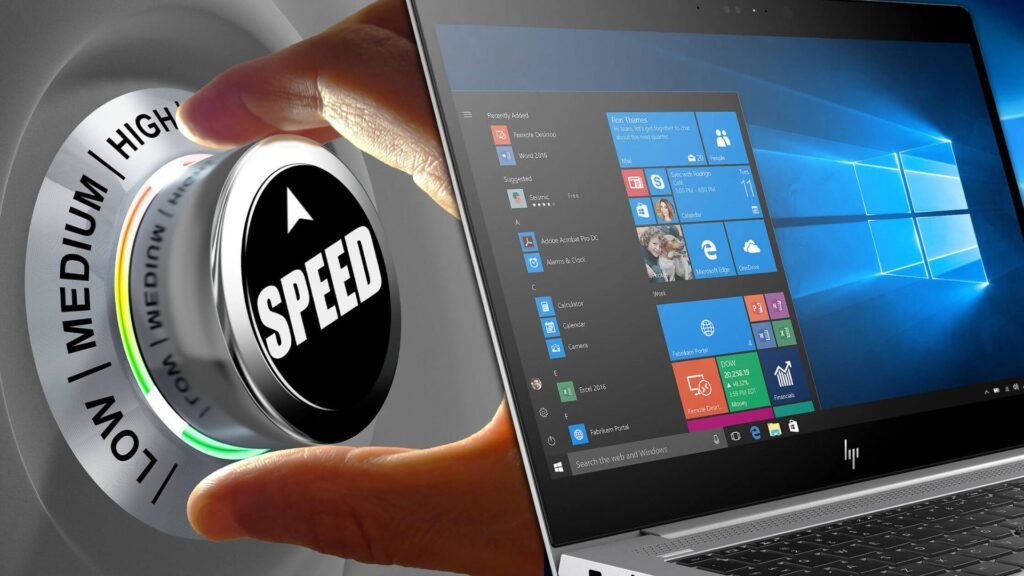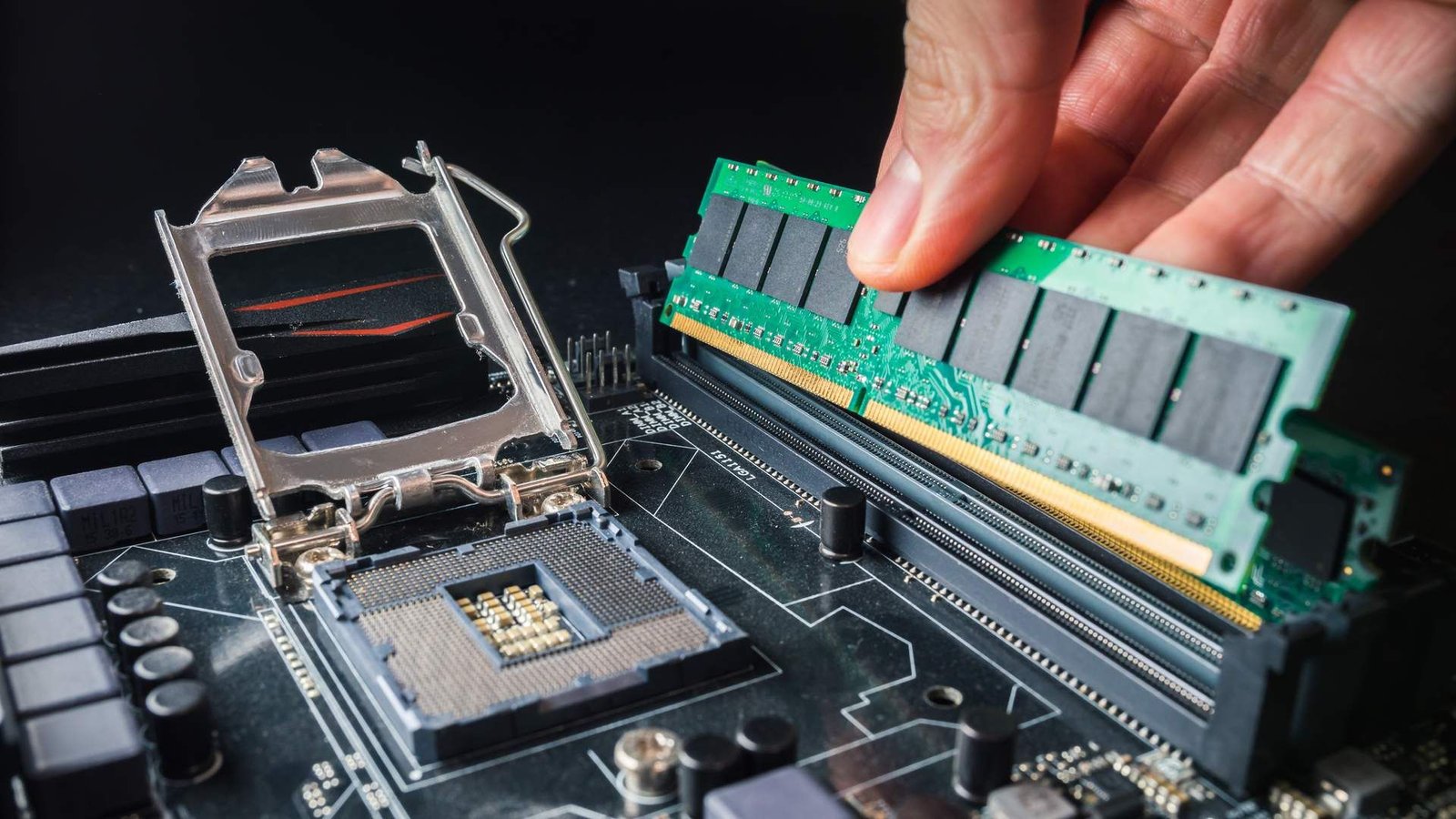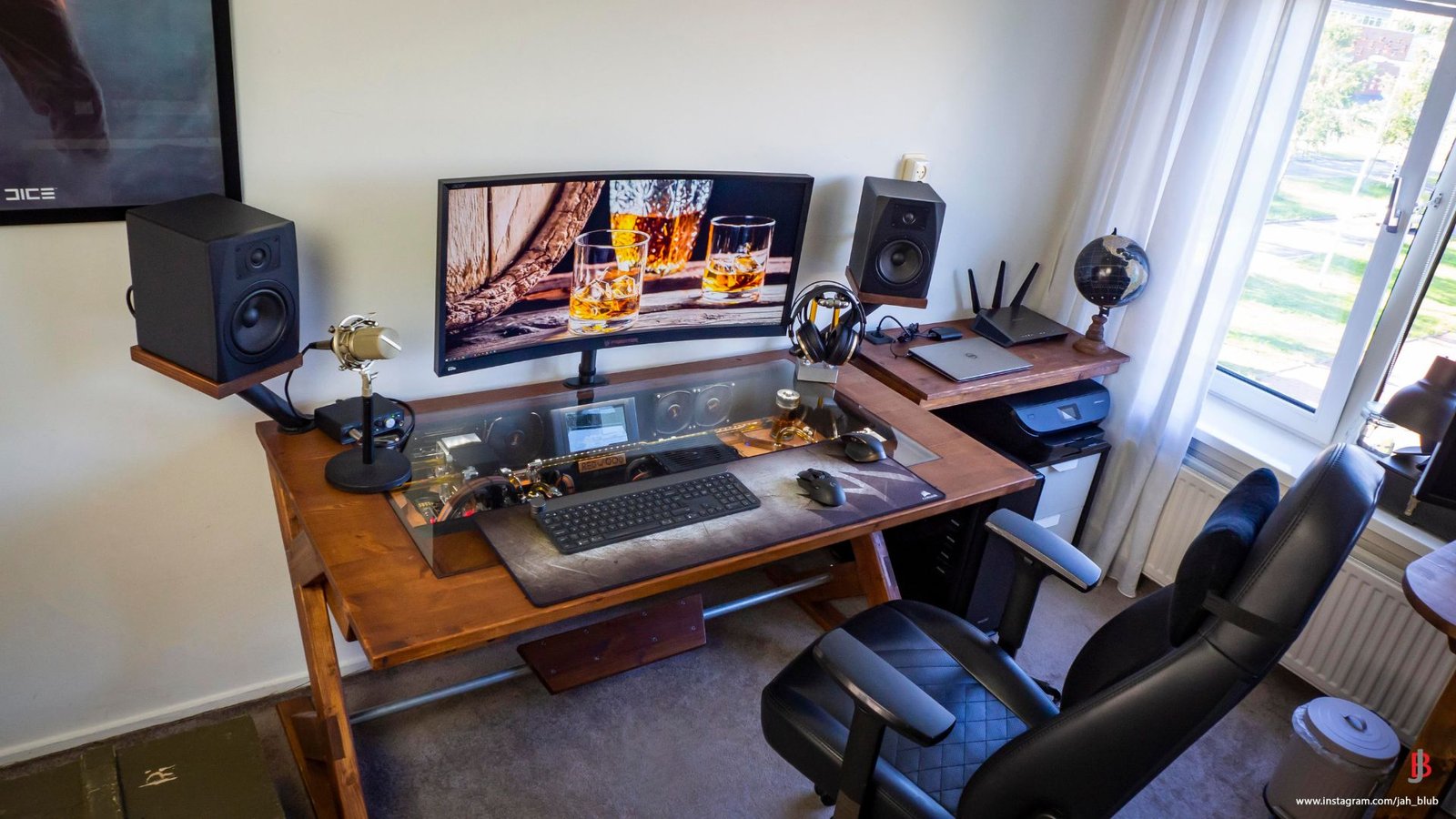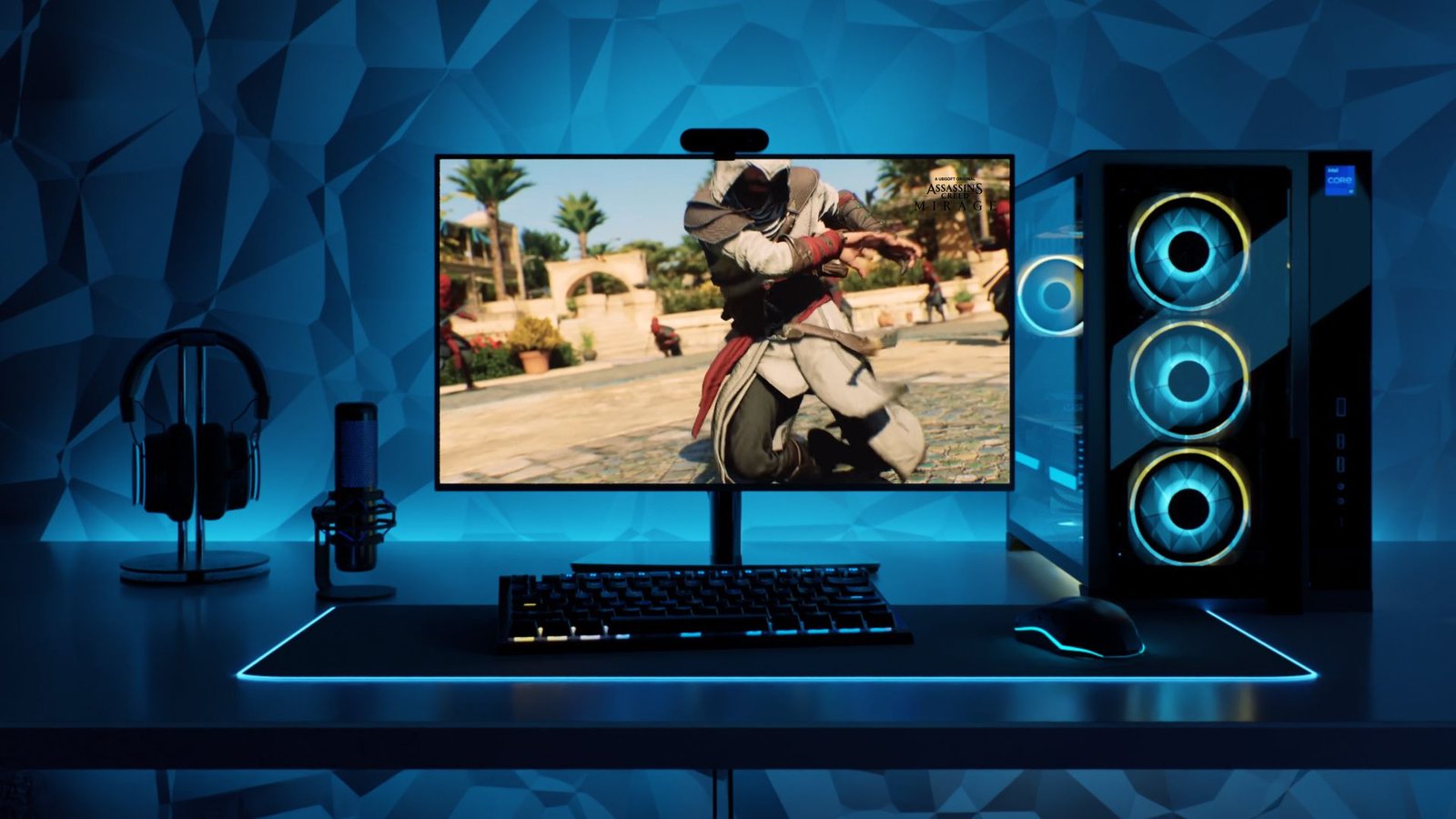If you’re finding that your computer is running slower than it used to, you’re not alone. Over time, many systems can become sluggish due to various factors. Optimizing your computer system for speed is essential for maintaining performance and productivity. In this article, we’ll share effective strategies to help you get the most out of your computer’s capabilities.
Clean Up Your Hard Drive
One of the first steps in optimizing your computer system is to clean up your hard drive. Over time, your system accumulates temporary files, cached data, and unnecessary programs that can slow it down. Start by removing files you no longer need, such as old documents, downloads, and software you don’t use.

You can use built-in tools like Disk Cleanup on Windows or Optimize Storage on macOS to help with this process. Regularly performing disk cleanups will free up valuable space and improve your computer’s performance.
Upgrade Your RAM
Another effective way to enhance speed is by upgrading your computer’s RAM (Random Access Memory). RAM is crucial for running multiple applications simultaneously and for processing large files. If you notice your computer slowing down when you have several programs open, increasing your RAM can make a significant difference.
Check your computer’s specifications to see how much RAM it currently has and what the maximum capacity is. Adding more RAM can help your system handle more tasks at once without slowing down.
Optimize Startup Programs
When you start your computer, several programs may automatically launch, which can slow down the boot process. Optimizing your computer system involves managing these startup programs.
On Windows, you can access the Task Manager and go to the Startup tab to disable unnecessary programs. For macOS, go to System Preferences, select Users & Groups, then Login Items, and remove any applications you don’t need to start automatically.
Update Your Software Regularly
Keeping your operating system and software up to date is crucial for optimizing your computer system. Updates often include performance improvements and security patches that can help your computer run more smoothly.
Enable automatic updates if possible to ensure you’re always running the latest versions of your software. Regular updates will help fix bugs and optimize your system for better speed and efficiency.
Defragment Your Hard Drive
If you’re using a traditional hard disk drive (HDD), defragmenting it can help improve performance. Over time, files become fragmented and scattered across the disk, which can slow down access times.
Defragmentation rearranges these files so they are stored more efficiently. On Windows, you can use the built-in Defragment and Optimize Drives tool. Note that this step is not necessary for solid-state drives (SSDs), which do not require defragmentation.
Check for Malware and Viruses
Malware and viruses can significantly impact your computer’s performance. Regularly scanning your system for these threats is an important aspect of optimizing your computer system.
Use reputable antivirus and anti-malware software to perform regular scans. If your computer seems unusually slow or behaves erratically, a malware infection could be the cause. Removing these threats will help restore your computer’s speed.
Adjust Your Power Settings
Your computer’s power settings can also affect its performance. For optimizing your computer system, ensure that your power settings are configured for maximum performance, especially if you’re using a laptop.
On Windows, go to Power Options and select the High Performance plan. On macOS, you can adjust energy settings in System Preferences under Battery or Energy Saver. Choosing these settings can help your computer run faster by allowing it to use more resources.
Manage Browser Extensions
Browser extensions and plugins can enhance your web browsing experience, but having too many can slow down your computer. Optimizing your computer system includes managing these extensions to ensure they don’t impact performance.
Review and remove any extensions you no longer use or need. Also, consider disabling or removing any that seem to be causing issues. Keeping your browser streamlined can help speed up your computer’s overall performance.
Check for Hardware Issues
Sometimes, hardware issues can affect your computer’s speed. Optimizing your computer system also involves checking for and addressing any hardware problems. For example, a failing hard drive or overheating components can slow down your system.
Run hardware diagnostics to check for potential issues. If you suspect hardware problems, consult a professional for repairs or replacements to ensure your system operates efficiently.
Consider a Fresh Install
If your computer is still slow after trying all the above steps, you might consider a fresh install of your operating system. Optimizing your computer system with a clean installation can help eliminate accumulated issues and restore performance to its original state.
Before proceeding with a fresh install, make sure to back up all your important files. This process will erase all data, so it’s essential to have your documents and applications saved elsewhere.
Conclusion
Optimizing your computer system for speed involves a combination of software and hardware adjustments. By cleaning up your hard drive, upgrading RAM, managing startup programs, and keeping software updated, you can enhance your computer’s performance. Regular maintenance, including malware scans and managing browser extensions, will also help keep your system running smoothly.
Implement these strategies to boost your computer’s speed and enjoy a more efficient and responsive computing experience.











